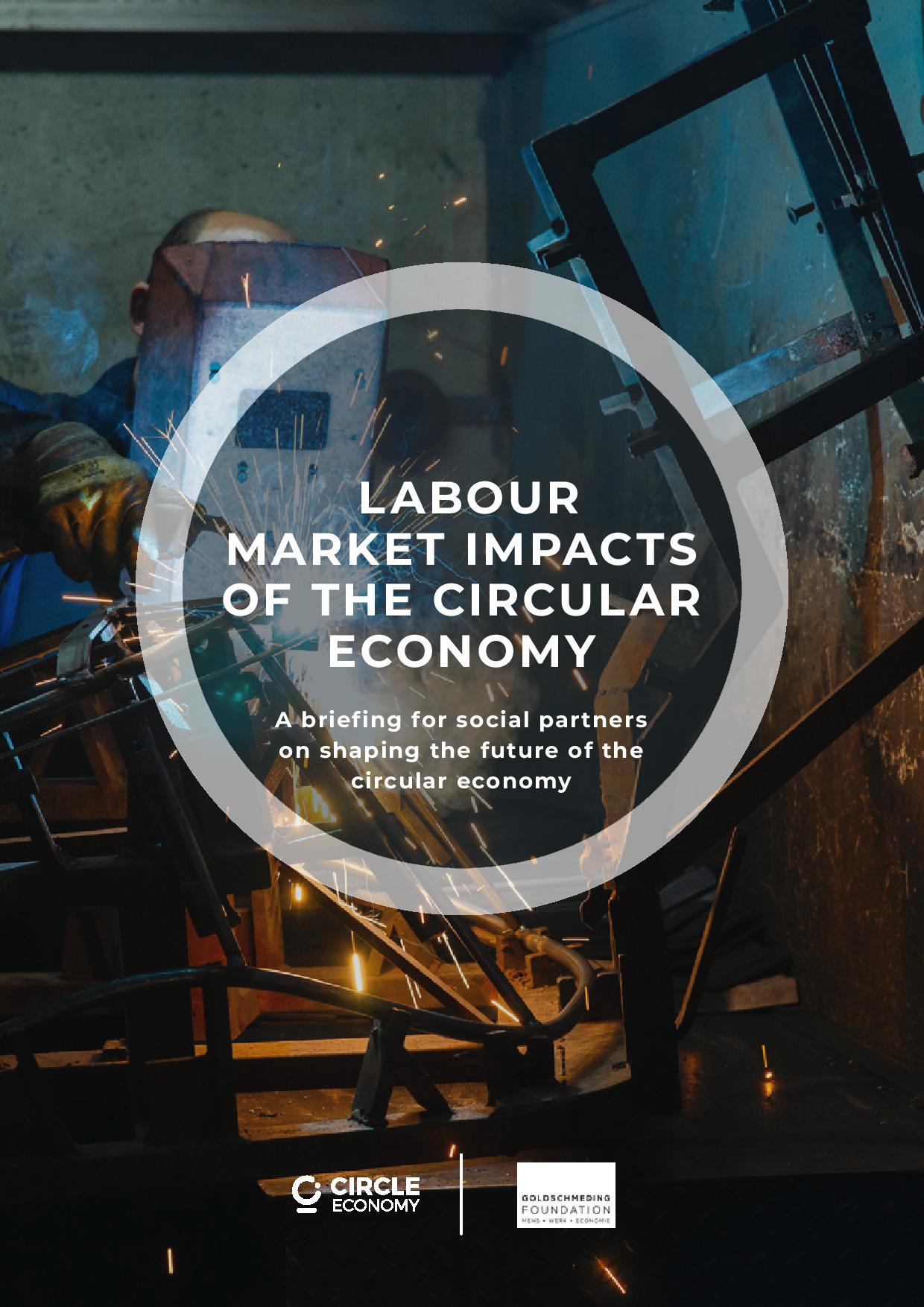In a circular economy, the value of products, materials and resources is preserved for as long as possible and waste is minimised and eventually designed out completely. This alters how goods and services are produced and consumed, and consequently, the relationship between capital and labour. If managed well, the adoption of circular economy strategies could promote employment opportunities for workers. However, jobs that contribute to the circular economy are not inherently of better quality than other jobs. Combining the social and the circular economy agendas could facilitate an inclusive, just and safe labour market. But to do this, we need to better understand how to support workers in areas of the labour market facing these changes.
This briefing lays out six ways social partners, such as trade and labour unions, can ensure a Just Transition to the circular economy. Being in the centre of workers, businesses and governments, social partners are well positioned to:
-
Translate circular challenges into opportunities
-
Create access to training and upskilling opportunities
-
Act as a redistributive power
-
Limit trade-offs between social and environmental targets
-
Connect stakeholders through social dialogue
-
Promote Industry 5.0
In addition, the briefing provides an overview of key considerations social partners should take into account when designing interventions and steering social dialogue. These range from skills to legal barriers.
